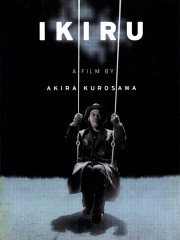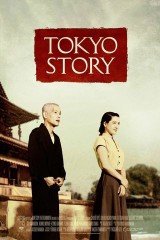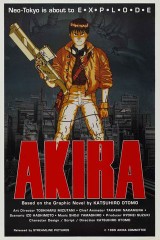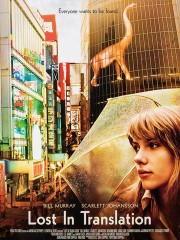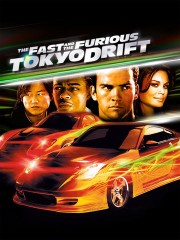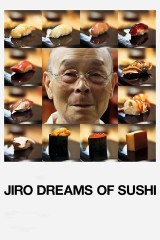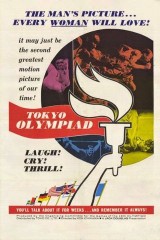12 Unique Depictions of Tokyo in the Movies
With the 2021 Summer Olympics officially underway, we take you on a cinematic journey full of classic gems, contemporary winners, and the iconic cyberpunk anime that predicted over 30 years ago that Tokyo would host the 2020 games.

(Photo by David Gelb/©Magnolia Pictures)
The Summer Olympics have taken place in Asia only three times, and the earliest of those occasions was in Tokyo, Japan in 1964. More than half a century later, we’re back in the island nation’s capital city to witness the world’s finest athletes go for gold again. And while Tokyo is a bustling tourist hotspot, those who hoped to visit and catch the sights during the Olympics were met with disappointment — due to COVID-19 concerns, not only were the games delayed a year, but no spectators are allowed this time around.
Thankfully, Tokyo is such a remarkable city that it has inspired filmmakers both from Japan and elsewhere to contribute to its rich cinematic history, so it’s not too difficult to take a virtual tour from the comfort of your couch. With that in mind, we’ve put together a list of movies that either showcase Tokyo in all its splendor or offer glimpses of the various ways filmmakers have remixed and reinterpreted the city. We couldn’t include every movie set in Tokyo, of course, but we did try to cover a representative sample of films from across the spectrum. So stow your tray table and return your seat to its upright position as we whisk you away with 12 films that celebrate Tokyo, Japan in unique ways.
Have a favorite movie about Tokyo? Let us know in the comments! And for more cinematic interpretations of the city, see:
Thumbnail images by Everett Collection, ©Streamline Pictures/courtesy Everett Collection, ©Focus Features

